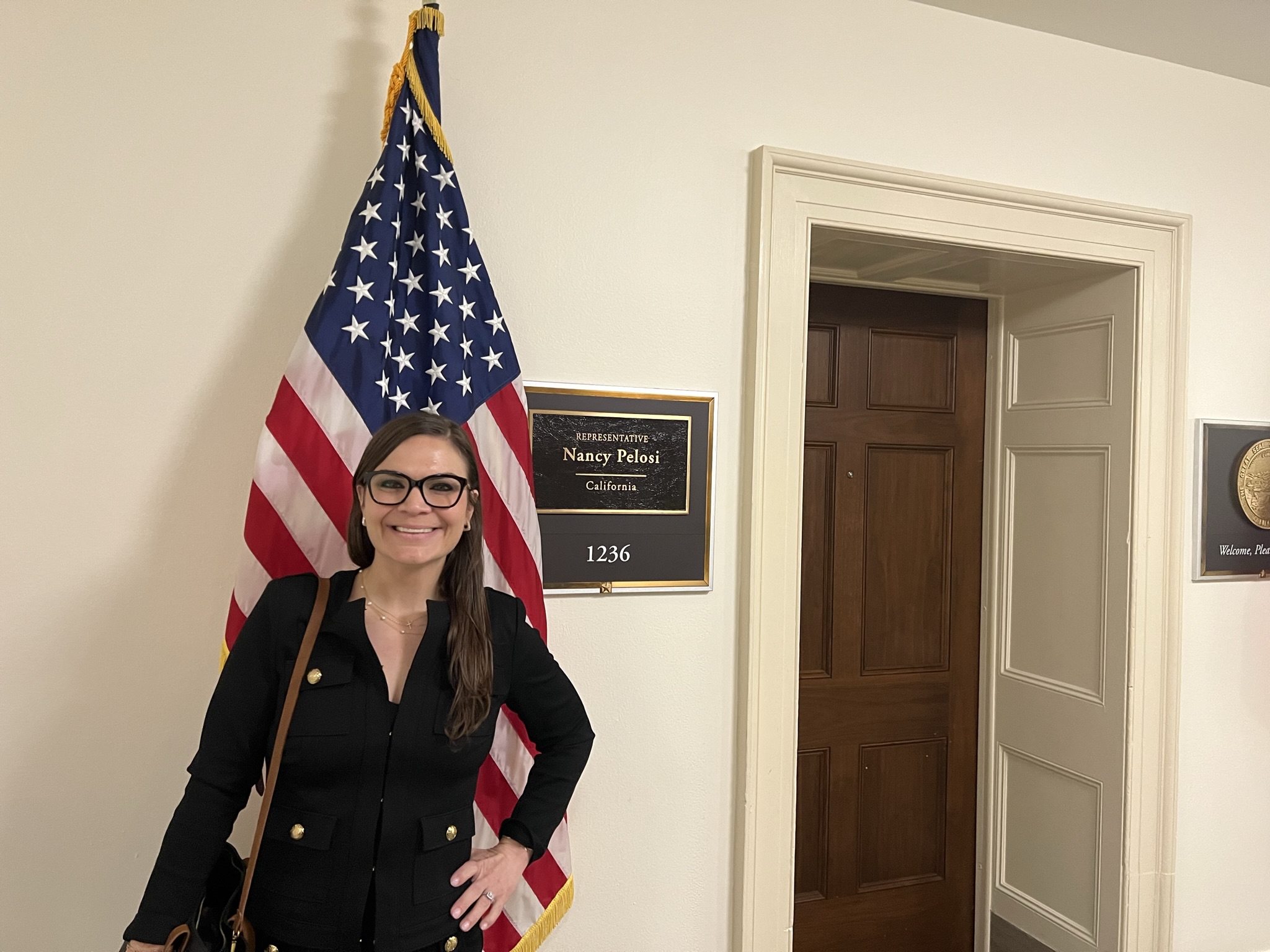RNs, LPNs Licensed Through Interstate Nurse Licensure Compact Will Be Able To Practice In PA, Help Ease Commonwealth’s Nursing Shortage
🗞️ UPDATED: 08/28/2023 | View Original Post here
Harrisburg, PA – In keeping with Governor Josh Shapiro's commitment to expanding Pennsylvania's workforce and serving Pennsylvanians more efficiently, Secretary of the Commonwealth Al Schmidt announced today Pennsylvania is taking the first step to implement the Nurse Licensure Compact by allowing nurses with multistate licenses issued by 40 other states and territories to practice in Pennsylvania. This key step will help address Pennsylvania's severe nursing shortage and increase health care access for patients across the Commonwealth.
📆 Starting Sept. 5, registered nurses (RNs) and licensed practical nurses (LPNs) who hold a multistate license through the interstate Nurse Licensure Compact (NLC) will be permitted to practice in the Commonwealth. Administered by the National Council for State Boards of Nursing (NCSBN), the NLC is an agreement among 41 states and territories to recognize nurses licensed by compact members. Act 68 of 2021 authorized Pennsylvania to join the NLC, which increases patients' access to in-person and telehealth care.
Addressing the nursing shortage and ensuring nurses get on the job faster is a top priority of the Shapiro Administration. In his first month in office, Governor Shapiro signed an executive order that catalogued each of the 2,400 permits, certificates, and licenses the Commonwealth issues and set timelines for each of them. At a time when we need every qualified nurse on the job as quickly as possible, Governor Shapiro knows that we cannot have trained nurses kept off the job by paperwork delays. Under the Shapiro Administration, Pennsylvanians have certainty that state government will move more quickly and efficiently. Today's announcement continues this commitment.
"The Shapiro Administration is committed to ensuring that Pennsylvanians can receive top-notch care from licensed, qualified health care professionals," Schmidt said. "By implementing this first phase of Pennsylvania's engagement in the NLC, we are expanding opportunities for patients and providing hospitals and health systems with access to an approved, vetted group of licensed RNs and LPNs."
🗒️ A November 2022 industry survey by The Hospital and Healthsystem Association of Pennsylvania (HAP) showed vacancy rates of 30% for RNs providing direct care, which is a 10 percentage point increase since 2019. A separate HAP report from January 2023 showed that Pennsylvania could have a shortfall of more than 20,000 RNs by 2026.
"This is a critical first step in the full implementation of the Nurse Licensure Compact. The Department of State continues to work diligently with its state and federal partners to satisfy the preconditions necessary to fully implement the NLC," Schmidt said. "Once that occurs, Pennsylvania's State Board of Nursing will be able to issue NLC multistate licenses to Pennsylvania nurses, allowing them to practice in compact member states and territories."
Among the preconditions for fully implementing the NLC is being able to certify to other compact states that Pennsylvania's State Board of Nursing has performed an FBI criminal background check on Pennsylvania applicants, a process that requires FBI authorization. The Department of State has sought this authorization and is awaiting a response.
"We are also ensuring that other technical and regulatory requirements are able to be met so that the commonwealth can fully implement the NLC as quickly as possible once we receive FBI approval," Schmidt added.
Sen. Lisa Boscola, who was the prime sponsor of the legislation that became Act 68 of 2021, thanked Governor Shapiro and the Department of State for prioritizing taking steps to implement the NLC. "Our hospitals and health care systems need nurses now," Boscola said. "Allowing nurses who have a compact license from another state to start work without unnecessary bureaucratic hoops to jump through is a great first step. I will continue to work to ensure this compact is fully implemented in Pennsylvania because our nurses deserve the full benefits of being a compact state."
Rep. Bridget Kosierowski, a registered nurse who sponsored the House bill that led to Act 68 of 2021, echoed Boscola's sentiments: "While there is still work to do to get to full implementation of the compact, as a nearly 30-year registered nurse, I am very clear about the critical need for increasing the number of nurses in our Commonwealth. I am grateful and excited that the Department of State has taken this positive action that hopefully will not only increase the availability of nurses but will also help to lessen the incredible burden of paperwork the Department has to process."
"Today's announcement is an important step to bringing more nurses to the bedside to care for Pennsylvanians. HAP thanks the Shapiro Administration for its action on this initiative and its ongoing efforts to finalize Pennsylvania's implementation of this compact," said Nicole Stallings, president and CEO of The Hospital and Healthsystem Association of Pennsylvania (HAP).
"It's critically important that we do everything we can to alleviate the hospital staffing crisis that is driving RNs from the bedside and imperiling patient care in every corner of our state," said Maureen May, R.N., president of PASNAP, the Pennsylvania Association of Staff Nurses and Allied Professionals. "By drawing more nurses to PA, the Nurse Licensure Compact will help ensure that, at this very critical time, our hospitals are amply staffed and that our nurses are able to give the care they want and have been trained to give."
Resources
Facilities licensed by the Pennsylvania Department of Health (DOH) that wish to employ nurses with MSLs through the compact can find guidance on how to do so on DOH's website.
"Nurses play vital roles in all health care organizations and facilities, so anything we can do to attract nursing talent to the state is a win for patients and the Commonwealth. Participating in the nursing compact overcomes a barrier to attracting that talent and building our state's health care workforce," said Dr. Debra Bogen, Acting Secretary of Health. "I deeply appreciate the interagency collaboration that it has taken to make this happen."
For answers to frequently asked questions about how today's announcement affects in-state and out-of-state nurses, as well as Pennsylvania patients, visit dos.pa.gov.
Health care employers can verify the status of an RN or LPN applicant's multistate license status at nursys.com, which is the NCSBN's central repository for licensing information.
Other medical licensure compacts
In 2020, Pennsylvania fully implemented the Psychology Interjurisdictional Compact (PSYPACT), which allows psychologists licensed through the compact to practice telepsychology in participating states. More than 900 Pennsylvania psychologists are licensed by PSYPACT to practice across state lines.

























































































